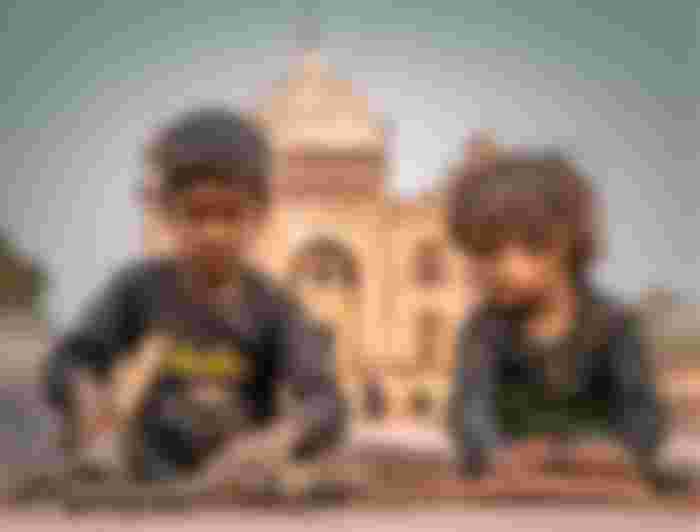Malnutrition is defined as insufficient, excessive, or unbalanced food consumption. The World Health Organization has classified malnutrition as the greatest threat to public health, and the most important cause of this condition is a decrease or increase in the intake of the main nutrients (carbohydrates, proteins, and fats) or micronutrients. Represented by minerals and vitamins.
It is well known that malnutrition is a term used when the situation is represented by low quantities of food intake, and this is the reason for classifying famines as malnutrition, and on this basis, the World Health Organization announced that 45% of children around the world die due to malnutrition, as well as It results in many dangerous diseases.

Diseases caused by malnutrition
Kwashiorkor: It is one of the diseases of malnutrition resulting from a sudden lack of the necessary daily intake of complete protein and containing all the eight essential amino acids that the body cannot form. Kwashiorkor occurs in most developing countries that suffer from famines and affects the age group between one and three years. The disease is called Ghana, where it means "first-second", as the first child is weaned at a young age so that the second child can breastfeed, which leads to the first being deprived of Protein available in breast milk, and due to the lack of complete food in developing countries, kwashiorkor occurs and symptoms of the disease begin to appear after 3 weeks of lack of food.

Marasmus: Marasmus occurs due to an acute and persistent lack of protein and energy intake. Afflicted with it suffer from severe weight loss, bulging eyes, and shrinkage of the skin, and among its main symptoms are delayed growth and poor growth, loss of fatty and muscle tissue under the skin, and an enlarged liver.
Causes of malnutrition
This global problem has many causes, and various factors, including:

Lack of food intake: The reason may be poverty, lack of adequate food, or pathological reasons, as the patient cannot eat sufficient quantities of food due to problems with swallowing or in the digestive system, such as ulcers or colon diseases.
Mental and brain problems: such as Alzheimer's disease, dementia, schizophrenia, anorexia nervosa, and bulimia nervosa.
Movement and social problems: Some people are unable to leave their homes due to movement or social problems such as a social phobia.

Symptoms of malnutrition
This problem has many symptoms, ranging from mild to moderate, and they are:
Loss of desire to eat and drink accompanied by general weakness and loss of appetite.
A constant feeling of cold, rapid weight loss, and fat and muscle tissue in the body.
Decreased body immunity, which increases the chance of a person being exposed to diseases with an increase in the time required for recovery
The onset of symptoms of depression

Treating malnutrition
The treatment of malnutrition depends on the severity and the malnutrition, as the first and most important step that can be taken about treatment is a psychological nutritional intervention, as the medical care provider intends to build an organized plan based on its foundations on treating the cause of malnutrition and finding effective logical solutions to the causes of this solution Eat structured meals while trying to add fortified foods.

Try to focus on drinking drinks that are high in calories, vitamins,s, and minerals. Provide the patient with occult feeding in cases of severe malnutrition. Prevention of malnutrition To prevent malnutrition, a person needs to consume a range of nutrients from different types of food. Older adults, young children, critically ill people, and others may need extra care to make sure they get the nutrients they need, and it is important to see a doctor in case Signs of symptoms of malnutrition






Malnutrition is a serious condition that happens when your diet does not contain the right amount of nutrients. It means "poor nutrition" and can refer to: undernutrition – not getting enough nutrients. overnutrition – getting more nutrients than needed.